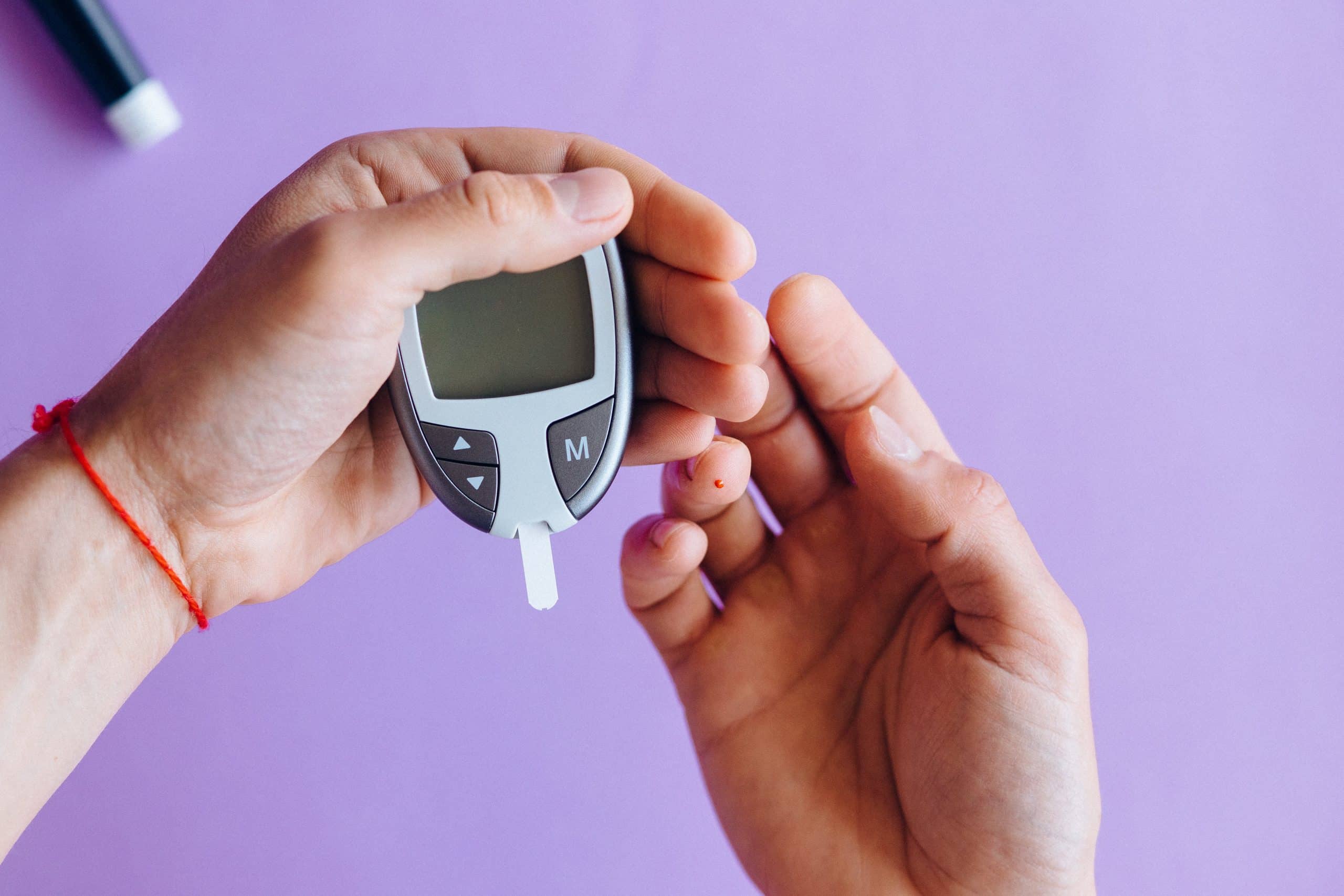In today’s fast-paced world, where convenience often trumps health, maintaining healthy blood sugar levels can be a challenge. High blood sugar, known scientifically as hyperglycemia, is a risk factor for prediabetes and type 2 diabetes. It can also lead to other significant health problems if left unchecked.
According to the American Diabetes Association, 34.2 million Americans, or 10.5% of the population, had diabetes in 2018. Furthermore, an estimated 7.3 million adults in the U.S. were undiagnosed, and 88 million American adults—approximately one in three—had prediabetes.
Dans le meme genre : How to cope with chronic illness daily?
However, you can take control of your health by incorporating simple changes into your daily routine. This article will delve into practical ways to naturally lower blood sugar levels and thereby reduce the risk of diabetes.
Making Dietary Changes
A well-balanced diet is essential for managing blood sugar levels. Making a few key changes in the foods you consume can significantly help in maintaining healthy blood sugar levels.
Lire également : What are the best exercises for stronger bones?
Incorporate High Fiber Foods in Your Diet
Fiber is a non-digestible carbohydrate that occurs naturally in foods. It aids in the management of blood sugar levels by slowing the breakdown of carbs and the absorption of sugar in the body. This gradual process reduces the risk of blood sugar spikes and helps maintain a steady blood sugar level.
According to a study published by The American Journal of Clinical Nutrition, high intake of dietary fiber may lower the risk of type 2 diabetes. Foods rich in fiber include fruits, vegetables, whole grains, and legumes.
Regular and Balanced Meals
Regular and balanced meals play a crucial role in controlling blood sugar levels. Skipping meals may lead to low blood sugar (hypoglycemia), while overeating may cause high blood sugar.
Every meal should ideally contain a balance of proteins, healthy fats, and carbohydrates. Carbohydrates are especially notable, as they have a direct impact on blood sugar levels. Opt for complex carbohydrates like whole grains, as they take longer to digest and cause a slower and lower rise in blood sugar.
Engage in Regular Exercise
Exercise is an effective way to lower blood sugar levels as it helps your body use insulin more effectively. Insulin is a hormone that regulates the amount of glucose in the blood.
When you exercise, your muscles need more energy, which is supplied by glucose. As a result, your muscle cells become more sensitive to insulin, leading to better blood sugar control. Regular physical activities also help reduce body fat, which further enhances insulin sensitivity.
Incorporating a daily exercise routine doesn’t mean you have to spend hours at the gym. Simple activities like walking, cycling, swimming, and even gardening can add up to significant health benefits.
Monitor Your Blood Sugar Levels
Regular monitoring of your blood sugar levels is vital in managing them effectively. It helps you understand how certain foods, activities, and situations affect your blood sugar. Regular monitoring also assists in making necessary adjustments to your diet or lifestyle, and in spotting early signs of dangerously high or low blood sugar.
Mind Your Medications
If you are on medication for diabetes or high blood sugar, it is essential to take them as prescribed by your healthcare provider. Never skip or alter dosages without medical advice, as this could lead to dangerously high or low blood sugar levels.
Remember, lifestyle changes work best when used in conjunction with medication. It’s also worth noting that some medications may actually increase blood sugar levels. Therefore, if you notice a consistent rise in your blood sugar after starting a new medication, inform your healthcare provider.
It is important to take a proactive approach in managing your blood sugar levels. No single method will work for everyone, but by incorporating these suggestions into your routine, you can find what works best for you. It’s all about making small, sustainable changes over time. Consistent effort will not only lower your blood sugar levels but also contribute to an overall healthier lifestyle.
Effect of Weight Loss on Blood Sugar Levels
Maintaining a healthy weight is crucial for managing blood sugar levels. When we talk about weight loss, we mean losing unnecessary body fat, not muscle mass. Carrying excess fat, particularly around the abdomen, can increase the body’s resistance to insulin. This insulin resistance can lead to high blood sugar levels and eventually prediabetes or type 2 diabetes.
According to a study published in the National Library of Medicine, a moderate and sustained weight loss can significantly improve insulin sensitivity. This is especially beneficial for those who have prediabetes or are at risk for type 2 diabetes.
But how do you achieve healthy weight loss? A combination of regular physical activity and a balanced diet is the key. Setting realistic goals, like losing 5-10% of your current weight, can be a good place to start.
Remember, sustainable weight loss is achieved gradually, not overnight. Consulting with a healthcare provider or a medically reviewed nutritionist can provide personalized guidance based on your current health status.
Lowering Sugar Intake
As we’ve seen, what we eat has a significant impact on our blood glucose levels. Reducing your intake of added sugars is one of the most effective ways to manage blood sugar levels.
Added sugars refer to the sweeteners added to foods and drinks during processing or preparation. They are different from natural sugars found in fruits or milk. According to the American Heart Association, the daily recommendation for added sugars is 9 teaspoons (36 grams) for men and 6 teaspoons (24 grams) for women.
However, many processed foods and drinks contain significantly more added sugars. It is important to read food labels and choose products with less added sugars. Try to replace sugary drinks with water, unsweetened tea, or other sugar-free beverages.
Opting for whole foods and cooking at home can also help control the amount of added sugars in your diet. This change, coupled with others, can significantly contribute to healthy blood sugar regulation.
Conclusion
Managing blood sugar levels naturally involves various strategies, including diet modification, regular exercise, weight management, and medication adherence. It’s crucial to understand that maintaining healthy blood sugar levels is a lifelong commitment, not a one-time effort.
Regular monitoring of blood glucose levels can help you understand the effectiveness of your efforts and adjust your strategies as necessary. By making these simple changes, you can effectively lower blood sugar levels and reduce your risk of developing type 2 diabetes, leading to an increased sense of health wellness.
Remember, the steps taken to manage blood sugar levels should not feel like punishment. Instead, they should be viewed as positive lifestyle adaptations that promote overall health and well-being. As always, personal health decisions should be made in consultation with a healthcare provider to ensure they are safe and appropriate for you.
As the saying goes, “Health is a state of complete physical, mental, and social well-being and not merely the absence of disease or infirmity”. So, let’s take charge of our health, one step at a time.






